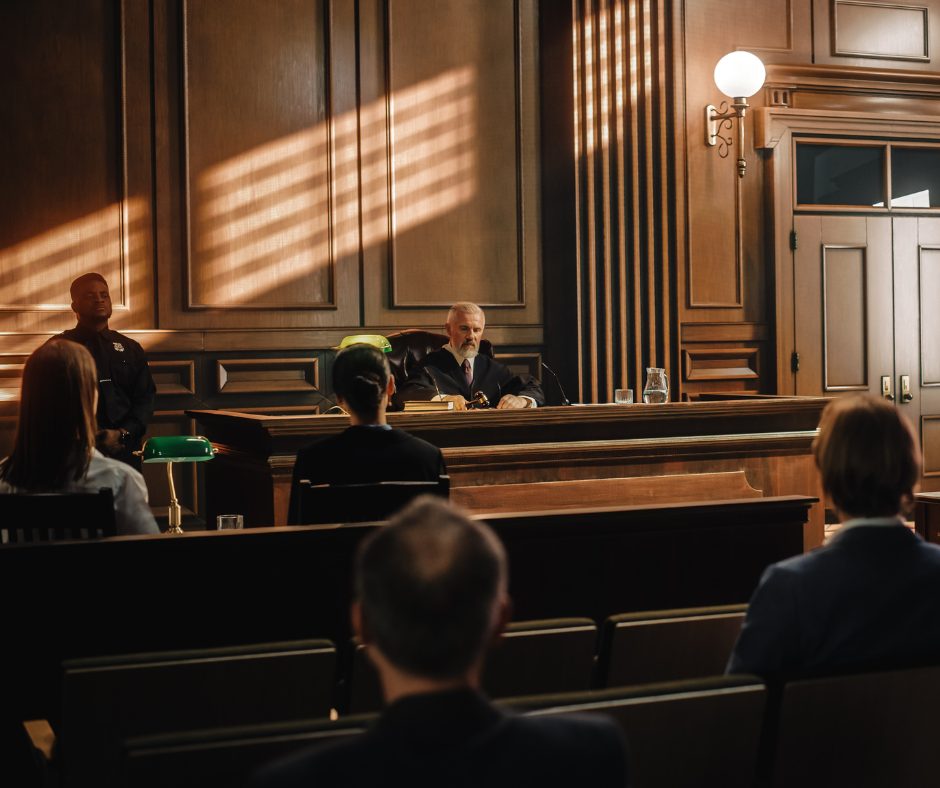When Federal Prison's in Your Future
Are You Going to Federal Prison
In Criminal Cases Knowledge is Key
Sentenced to Federal Prison?
US Federal Court System

The United States federal court system is responsible for hearing cases that involve federal law and the Constitution. The system is organized into three levels, each with its own set of courts and judges.
The federal court system is composed of three levels: district courts, courts of appeals, and the Supreme Court. District courts are the first level of the federal court system, and they hear the majority of federal cases. Courts of appeals review decisions made by district courts, and the Supreme Court is the highest court in the land.
Jurisdiction
The federal court system has jurisdiction over cases that involve federal law, the Constitution, and disputes between citizens of different states. The federal courts also hear cases involving the federal government and its agencies, as well as cases involving foreign governments and their citizens.
District Courts
District courts are the trial courts of the federal court system, and they are responsible for hearing and deciding cases in their respective districts. There are 94 district courts across the country, each serving a specific geographic region. District court judges are appointed for life by the President and confirmed by the Senate.
Courts of Appeals
Courts of appeals are the intermediate appellate courts in the federal court system. There are 13 courts of appeals, each covering a specific geographic region, and they hear appeals from the district courts within their respective circuits. Court of appeals judges are appointed for life by the President and confirmed by the Senate.
Supreme Court
The Supreme Court is the highest court in the United States and is responsible for hearing appeals from the courts of appeals and certain cases from state supreme courts. It is made up of nine justices, who are appointed for life by the President and confirmed by the Senate.
Federal Judges
Federal judges are responsible for interpreting and applying the law. They are appointed by the President of the United States and confirmed by the Senate. Federal judges serve for life or until they choose to retire or are impeached. District court judges preside over trials, make rulings on evidence and procedure, and interpret the law. Court of appeals judges review decisions made by district court judges and make rulings on legal issues. Supreme Court justices hear and decide cases that involve constitutional issues or questions of federal law.
Judicial Review
One of the most important powers of federal judges is judicial review. This is the authority to interpret the Constitution and federal law and strike down any laws or actions that are found to be unconstitutional. This power is critical to ensuring that the federal government operates within the boundaries of the Constitution and protects the rights of all citizens.
Independence
One of the key features of the federal court system is the independence of federal judges. Judges are appointed for life to ensure that they can make decisions without fear of retaliation or political pressure. This independence is critical to maintaining the integrity of the federal court system and ensuring that justice is served.
To sum it up, the federal court system and judges play a crucial role in the United States legal system. Their work is essential to ensuring that federal law is applied fairly and impartially, and that the Constitution is upheld. The independence and expertise of federal judges are key features of the federal court system, and they are critical to protecting the rights of all citizens.